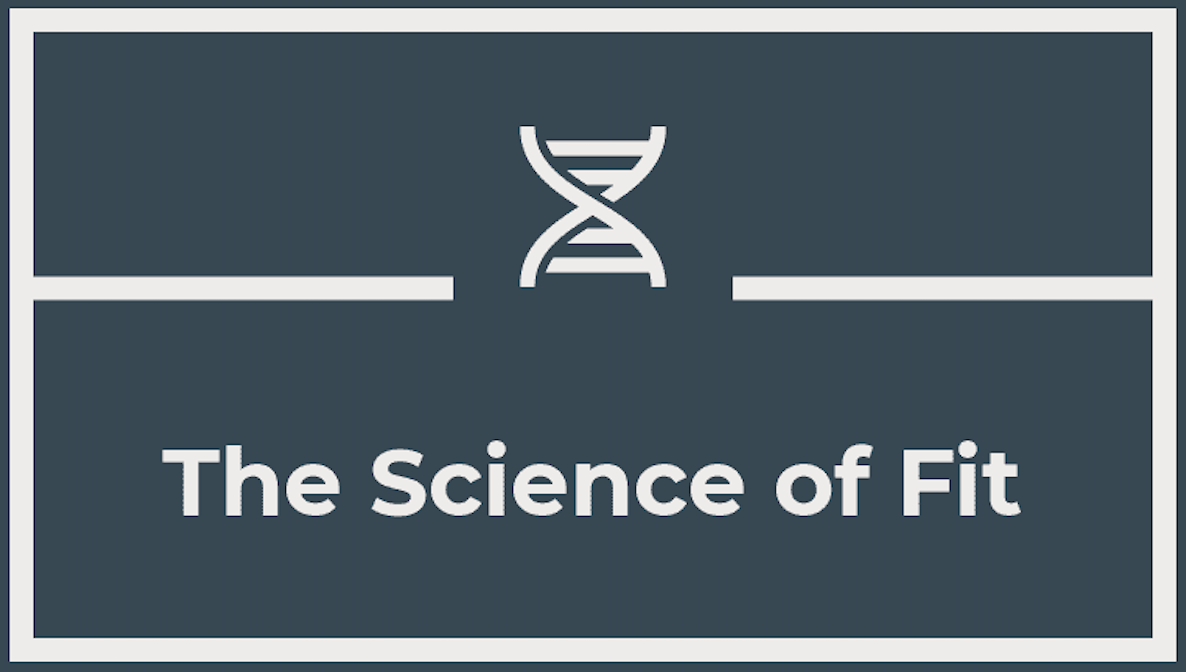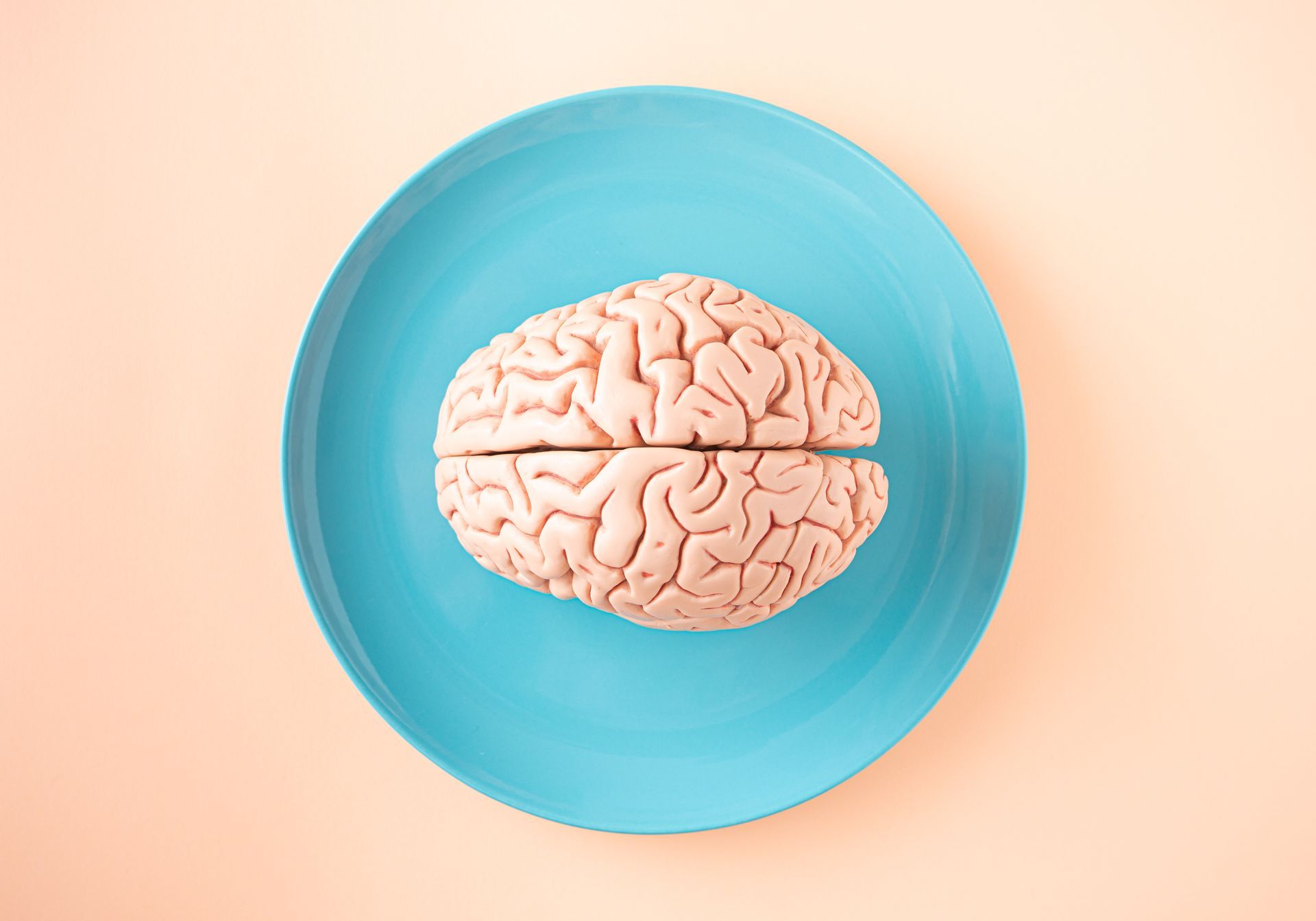Not All Carbohydrates are Created Equally
Unraveling Carbohydrate Complexity: A Comprehensive Exploration of Different Carbohydrate Types

This article provides an in-depth analysis of the diverse world of carbohydrates, classifying them into distinct types based on their molecular structures and physiological effects. From simple sugars to complex polysaccharides, this exploration delves into the roles of various carbohydrates in nutrition, metabolism, and overall health, offering a comprehensive understanding of their impact on the human body.
1. Introduction:
Carbohydrates, essential macronutrients, serve as a primary source of energy and play vital roles in diverse physiological processes. This article categorizes carbohydrates into different types, shedding light on their structural variations and physiological implications.
2. Simple Carbohydrates:
A. Monosaccharides:
- Monosaccharides, such as glucose, fructose, and galactose, represent the simplest form of carbohydrates. These single sugar units are quickly absorbed and provide immediate energy.
B. Disaccharides:
- Disaccharides, like sucrose, lactose, and maltose, consist of two monosaccharide units. Enzymatic digestion breaks them down into their constituent sugars for absorption.
3. Complex Carbohydrates:
A. Oligosaccharides:
- Oligosaccharides comprise short chains of monosaccharides. Foods like legumes and beans contain oligosaccharides that serve as prebiotics, supporting gut health.
B. Polysaccharides:
- Polysaccharides, with their intricate structures, include starch, glycogen, and fiber. Starch serves as a storage form of energy in plants, while glycogen functions similarly in animals. Fiber, categorized as soluble and insoluble, contributes to digestive health and satiety.
4. Dietary Sources and Nutritional Impact:
A. Whole Grains:
- Whole grains, such as quinoa, brown rice, and oats, are rich sources of complex carbohydrates, providing sustained energy and valuable nutrients.
B. Fruits and Vegetables:
- Fruits and vegetables contribute both simple and complex carbohydrates, along with fiber, vitamins, and antioxidants, promoting overall health.
5. Physiological Effects:
A. Blood Sugar Regulation:
- The types of carbohydrates consumed influence blood sugar levels. Simple carbohydrates can lead to rapid spikes, while complex carbohydrates offer more sustained energy release.
B. Gut Health:
- Dietary fiber, a complex carbohydrate, plays a crucial role in maintaining gut health. It supports regular bowel movements and provides substrates for beneficial gut bacteria.
6. Impact on Metabolism:
A. Glycemic Index:
- Carbohydrates are classified based on their glycemic index, reflecting their effect on blood sugar levels. High glycemic index foods may lead to rapid glucose spikes, influencing energy metabolism.
B. Storage and Utilization:
- The body stores excess carbohydrates as glycogen in the liver and muscles for later energy use. Understanding carbohydrate types aids in optimizing storage and utilization.
7. Practical Considerations:
A. Balanced Diets:
- A balanced diet incorporates a variety of carbohydrates to ensure a mix of simple and complex forms, along with essential nutrients.
B. Dietary Recommendations:
- Dietary guidelines emphasize the importance of choosing whole, minimally processed carbohydrates to promote overall health and well-being.
8. Future Research and Considerations:
Continued research is essential to delve deeper into the specific physiological effects of different carbohydrate types, considering individual variations in metabolism and health outcomes.
9. Conclusion:
This comprehensive exploration of different carbohydrate types elucidates their varying roles in nutrition, metabolism, and overall health. Understanding the complexities of carbohydrates empowers individuals to make informed dietary choices, contributing to optimal well-being.










